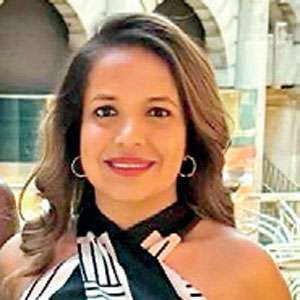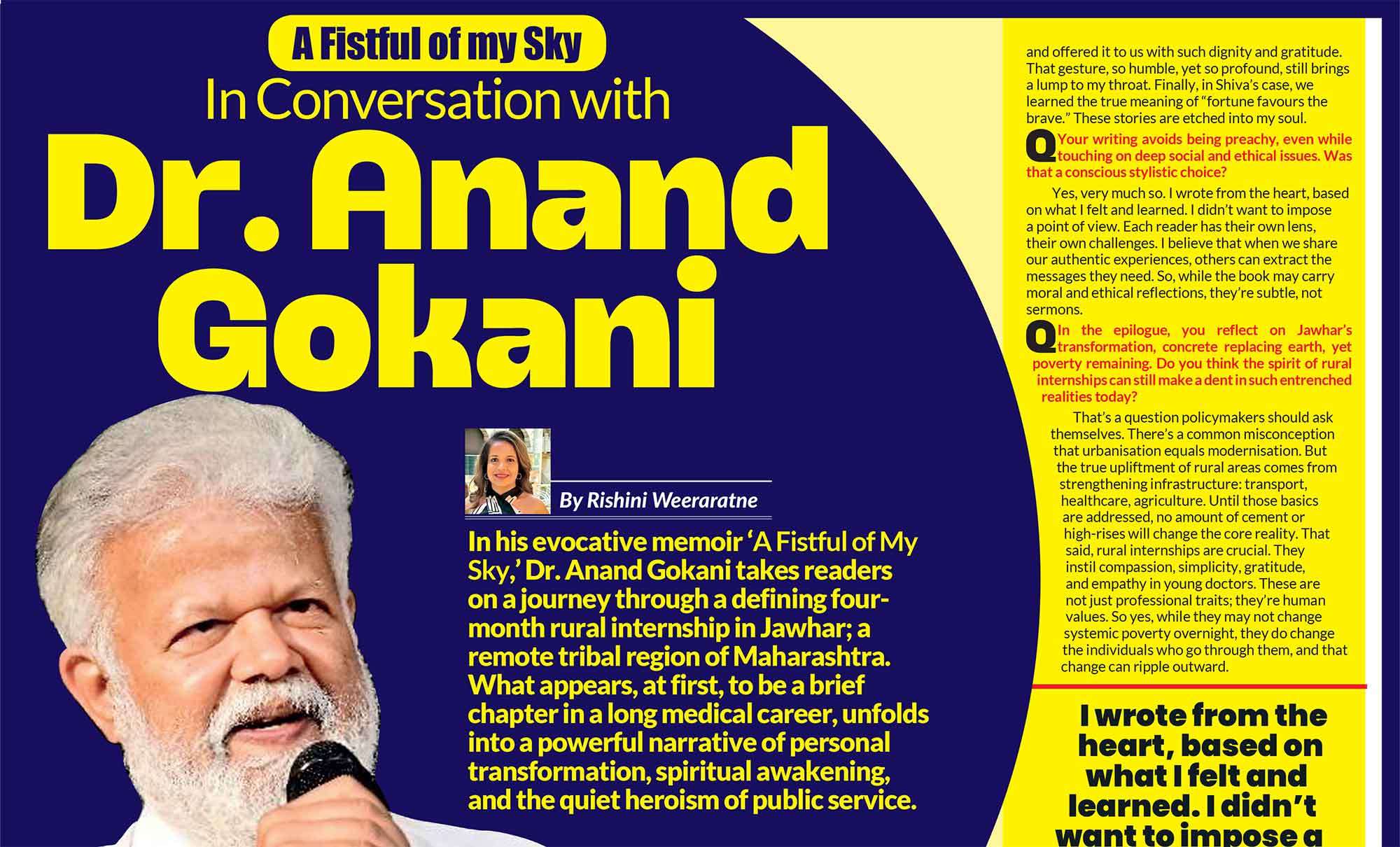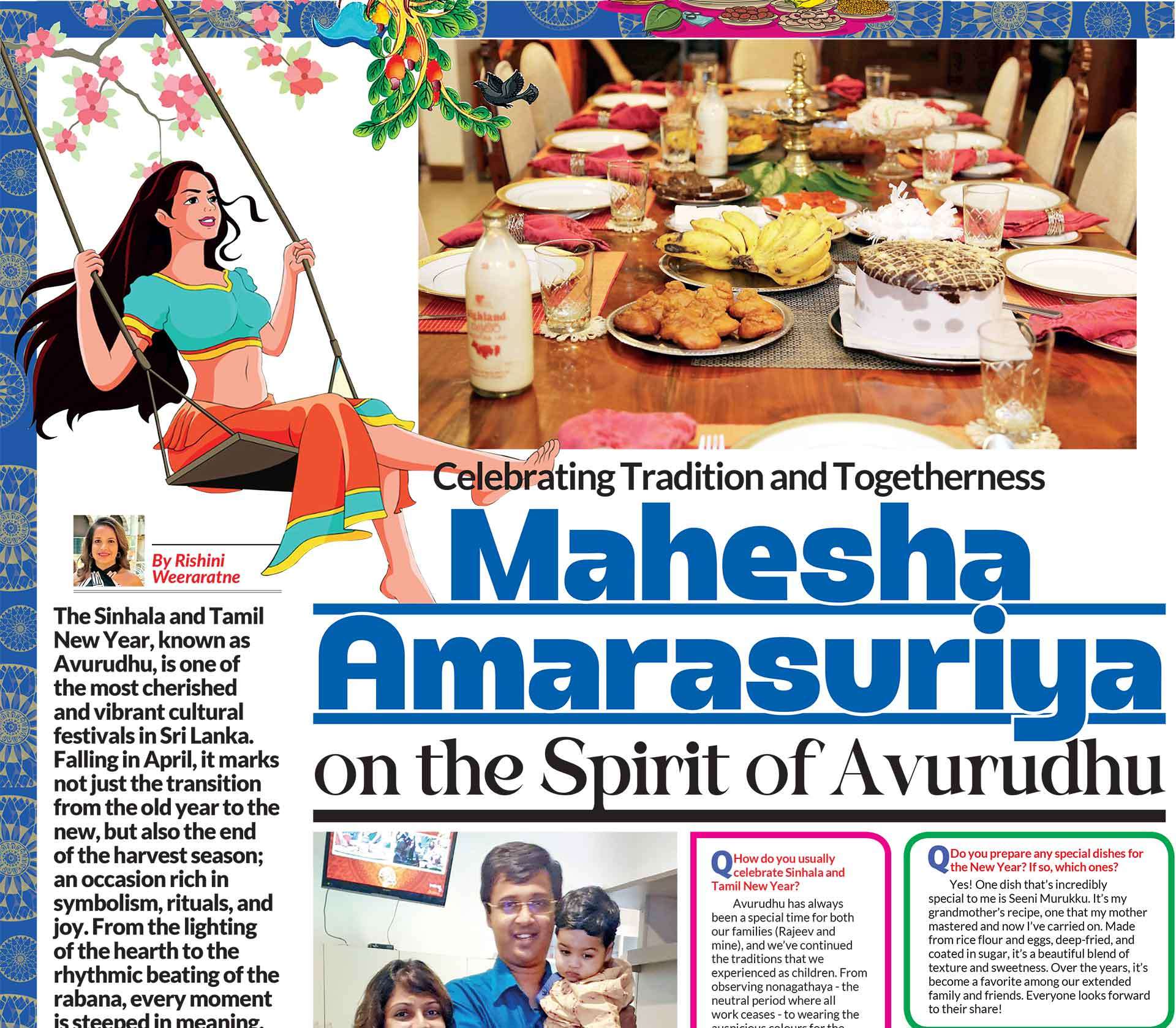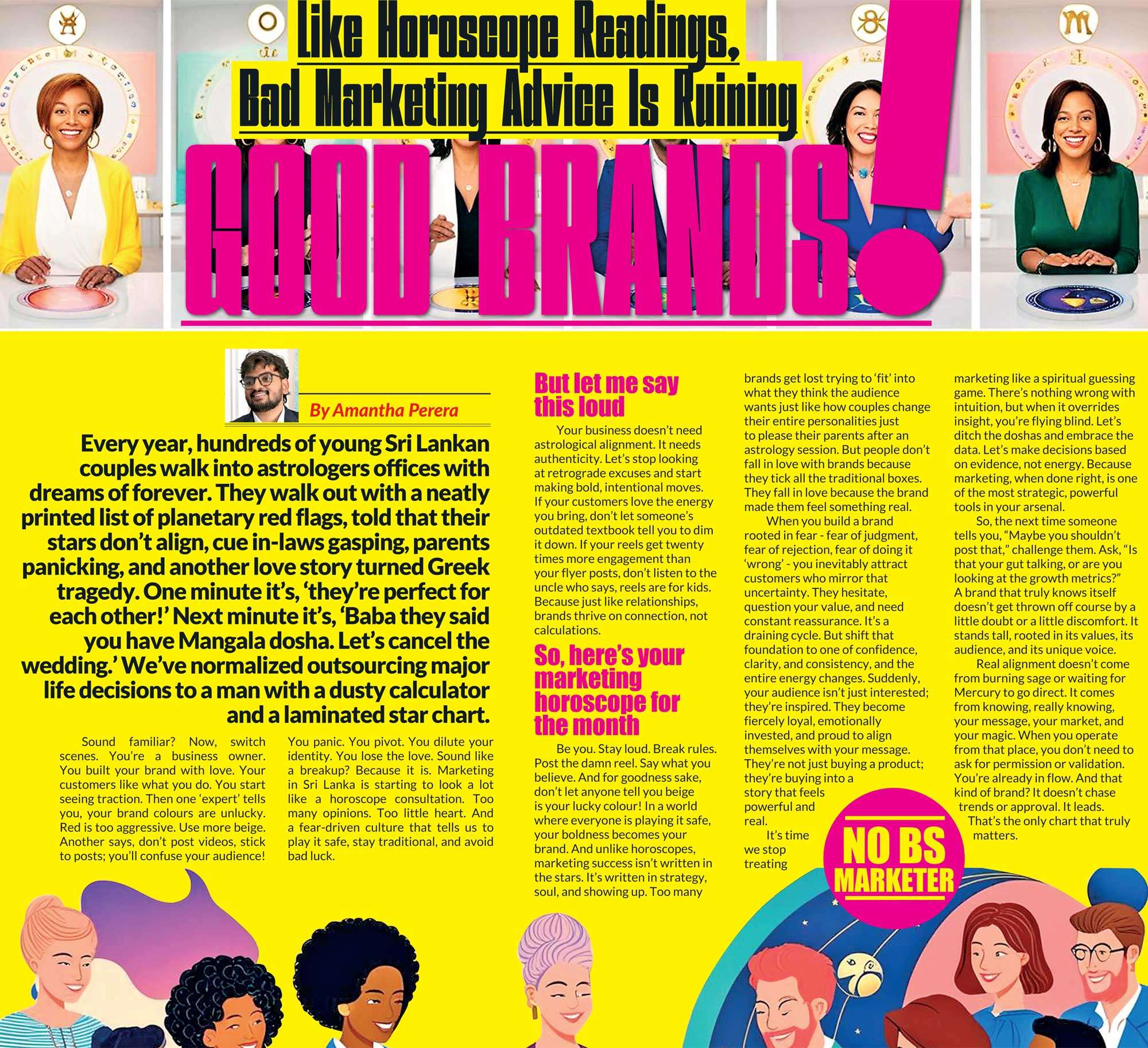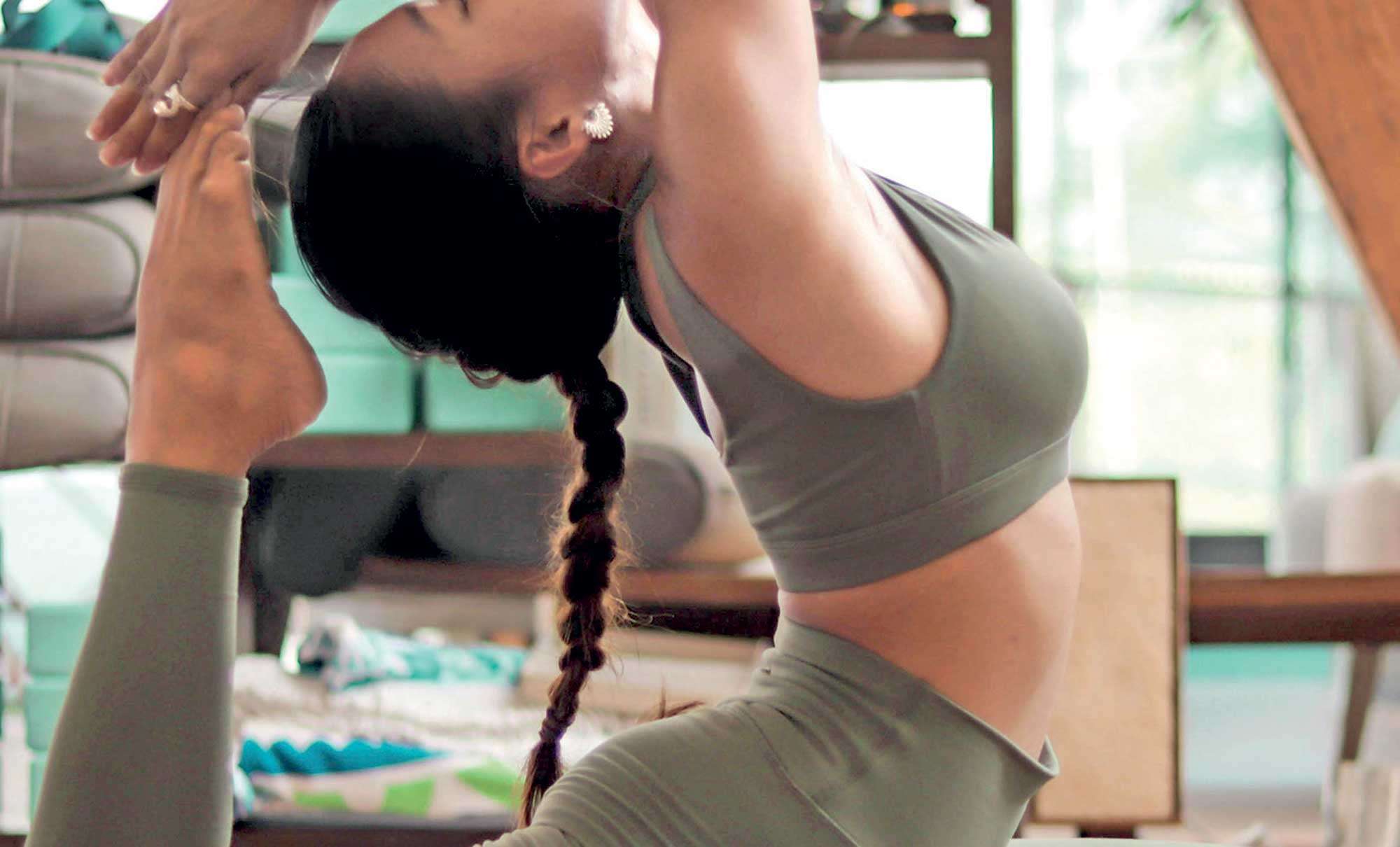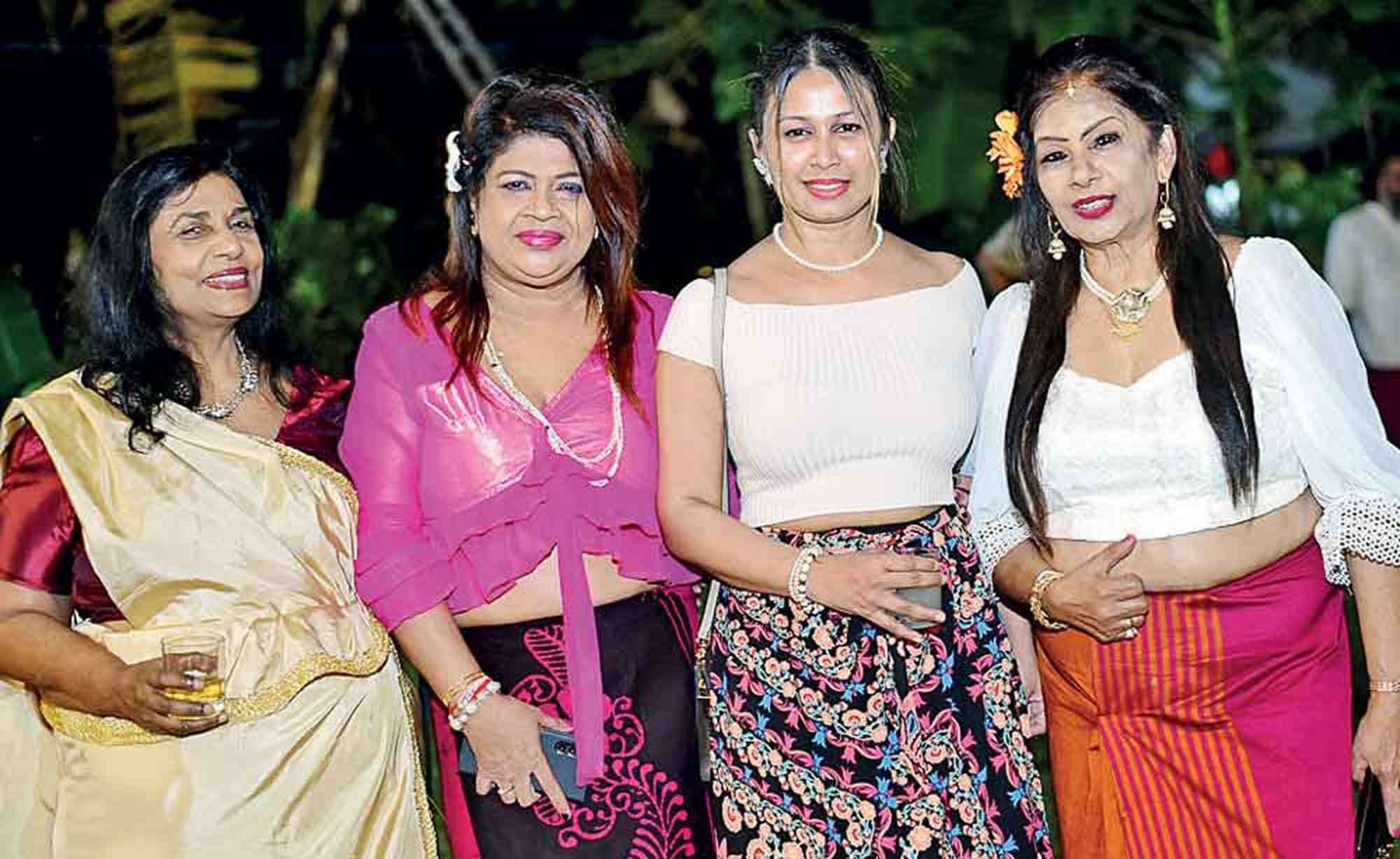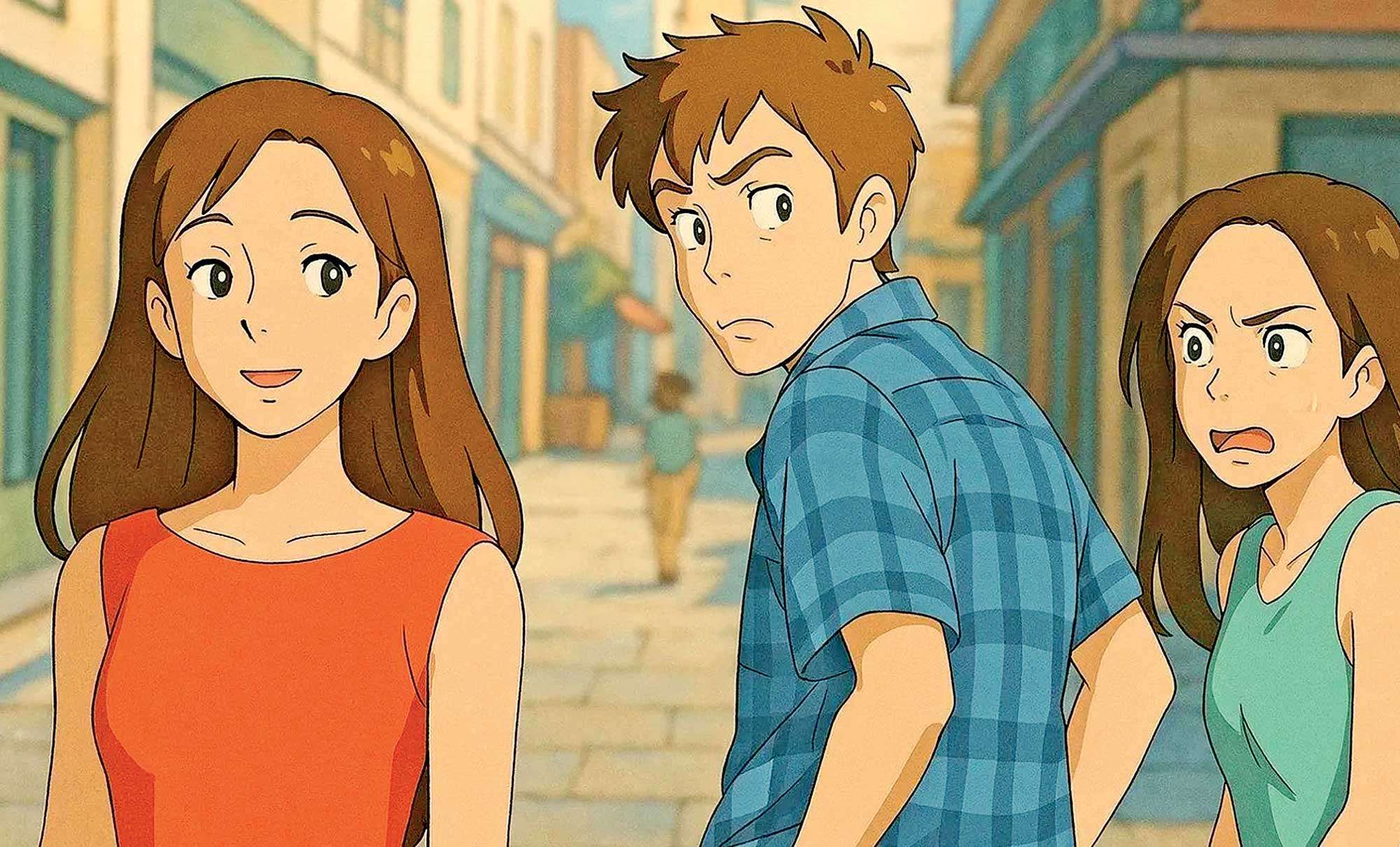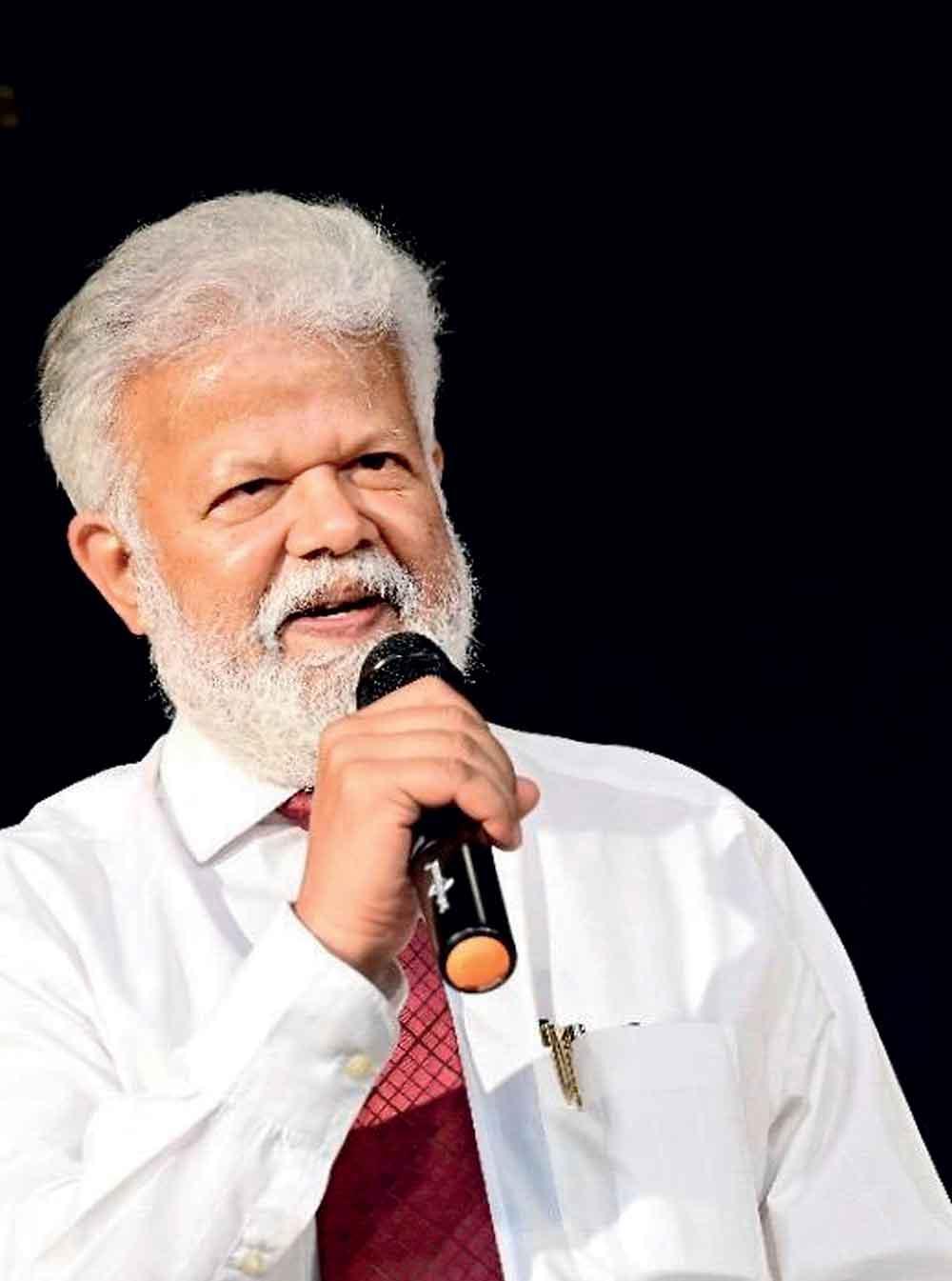
In his evocative memoir ‘A Fistful of My Sky,’ Dr. Anand Gokani takes readers on a journey through a defining four-month rural internship in Jawhar; a remote tribal region of Maharashtra. What appears, at first, to be a brief chapter in a long medical career, unfolds into a powerful narrative of personal transformation, spiritual awakening, and the quiet heroism of public service.
Through sleepless nights, life-or-death decisions, and moments of unexpected grace, Dr. Gokani’s experience becomes a mirror to the reader, reflecting questions of purpose, empathy, and sacrifice. In this deeply introspective interview, he revisits that pivotal period with unflinching honesty and heartfelt warmth, offering insight into the human condition through the lens of a doctor who found as much healing in the people he served as he gave. His story reminds us that sometimes, the smallest windows of time can cast the longest shadows across a life.
Q Your memoir captures a pivotal four-month slice of your life. Why did you feel this brief period in Jawhar was worth chronicling in such depth?
Having reached that stage in my life where I feel it’s important to share my experiences, whether for better or worse, with the next generation and beyond, I picked up the pen to make a start. As I sifted through the events of my life, debating where to begin, the stint in Jawhar stood out. It was the most eventful, life-changing part of my journey. Once I started writing, it was as if the dust on those memories blew away, and all the details came rushing back. That brief time was rich enough to fill an entire book.
The people’s poverty, their simplicity, their contentment; it was humbling. It made us realise that we already had far more than we needed.
Q There’s a profound sense of empathy and humility throughout the book. How did your time in Jawhar shape your understanding of service, especially in the context of healthcare?
To be brutally honest, like many interns past and present, I longed for ease and enjoyment during my internship. But I chose Jawhar because I wanted to test my surgical abilities, despite some self-doubt due to a personal limitation. What I didn’t expect was how quickly I realized that, even with my limitations, I still had much to offer. The people’s poverty, their simplicity, their contentment; it was humbling. It made us realise that we already had far more than we needed. That realization planted the roots of compassion, humility, and empathy in my practice. Jawhar changed me.
Q You write about spiritual fulfilment that comes from real sacrifice, was that something you realised only in hindsight, or did you feel it in the moment, even while living on a tight stipend and working sleepless nights?
Life’s lessons are nearly always understood in hindsight. When you’re knee-deep in hardship or crisis, you’re not feeling fulfilled, you’re just summoning all the emotional, mental, and physical strength you have to get through it. It’s only later, during quieter times, that those intense experiences crystallize into values. That’s when they become part of your ethical framework, shaping who you are and how you live.
Q Many anecdotes in the book are charged with raw emotion; from anxiety to awe. Were there particular patients or moments that have stayed etched in your memory more than others?
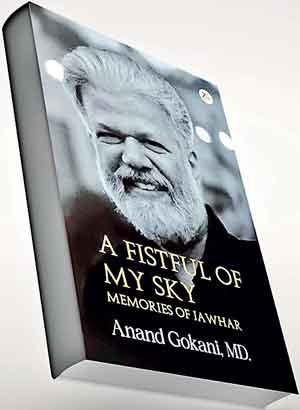 Absolutely. Each patient taught us something unique. We learnt resilience, innovation, and persistence, but also, without realizing it at the time, the four pillars of stoic philosophy: wisdom, justice, temperance, and courage. Every case reinforced these values. I remember Dhavali, who came to us critically ill. She was supposed to be referred to Thane Civil Hospital, but we knew she wouldn’t survive the journey. We decided to take the risk and treat her ourselves. We saved her life. That single moment gave us incredible confidence. Then there was Potya, we were fumbling in the dark, pooling our limited experience, and pushing ourselves beyond exhaustion. But we persisted, with a prayer on our lips and hope in our hearts. And I’ll never forget Laxmi’s husband. After we saved her from the effects of a snakebite, he untied a corner of his cloth, carefully pulled out a crumpled one-rupee note, and offered it to us with such dignity and gratitude. That gesture, so humble, yet so profound, still brings a lump to my throat. Finally, in Shiva’s case, we learned the true meaning of “fortune favours the brave.” These stories are etched into my soul.
Absolutely. Each patient taught us something unique. We learnt resilience, innovation, and persistence, but also, without realizing it at the time, the four pillars of stoic philosophy: wisdom, justice, temperance, and courage. Every case reinforced these values. I remember Dhavali, who came to us critically ill. She was supposed to be referred to Thane Civil Hospital, but we knew she wouldn’t survive the journey. We decided to take the risk and treat her ourselves. We saved her life. That single moment gave us incredible confidence. Then there was Potya, we were fumbling in the dark, pooling our limited experience, and pushing ourselves beyond exhaustion. But we persisted, with a prayer on our lips and hope in our hearts. And I’ll never forget Laxmi’s husband. After we saved her from the effects of a snakebite, he untied a corner of his cloth, carefully pulled out a crumpled one-rupee note, and offered it to us with such dignity and gratitude. That gesture, so humble, yet so profound, still brings a lump to my throat. Finally, in Shiva’s case, we learned the true meaning of “fortune favours the brave.” These stories are etched into my soul.
Q Your writing avoids being preachy, even while touching on deep social and ethical issues. Was that a conscious stylistic choice?
Yes, very much so. I wrote from the heart, based on what I felt and learned. I didn’t want to impose a point of view. Each reader has their own lens, their own challenges. I believe that when we share our authentic experiences, others can extract the messages they need. So, while the book may carry moral and ethical reflections, they’re subtle, not sermons.
Q In the epilogue, you reflect on Jawhar’s transformation, concrete replacing earth, yet poverty remaining. Do you think the spirit of rural internships can still make a dent in such entrenched realities today?
That’s a question policymakers should ask themselves. There’s a common misconception that urbanisation equals modernisation. But the true upliftment of rural areas comes from strengthening infrastructure: transport, healthcare, agriculture. Until those basics are addressed, no amount of cement or high-rises will change the core reality. That said, rural internships are crucial. They instil compassion, simplicity, gratitude, and empathy in young doctors. These are not just professional traits; they’re human values. So yes, while they may not change systemic poverty overnight, they do change the individuals who go through them, and that change can ripple outward.
Q You mention working with five batchmates. Did they go through similar transformations, and have you all kept in touch over the years?
Absolutely. Each of us emerged from Jawhar transformed. Dr. Salauddin Dadan chose to serve the underprivileged in Mumbai and still sees hundreds of patients daily. Dr. Yogendra Sanghavi became a professor of paediatric surgery at JJ Hospital, treating poor children through complex procedures. Dr. Hiroo Motwani served as a surgeon in the Indian Army. Dr. Hemant Painter became a physician for the geriatric population. We’ve all gone our separate ways, but those four months in Jawhar left an indelible mark. We still keep in touch, bound by that shared experience.
Q The book talks about people ‘made of the earth.’ Could you elaborate on what you learned from the tribal communities you served during that time?
These communities, though lacking in material wealth, possess deep reserves of emotional and spiritual richness. They embody loyalty, gratefulness, equanimity, and contentment. They endure unimaginable hardship without complaint, and they do it with grace. Observing their way of life had a powerful subconscious impact on us. Without even realizing it, we began to emulate their stoicism and strength. They taught us as much, if not more, than we ever taught them.
I wrote from the heart, based on what I felt and learned. I didn’t want to impose a point of view. Each reader has their own lens, their own challenges.
Q Do you see this memoir as a call to action, not just for medical professionals, but for anyone who wants to make a difference?
Yes, absolutely. If I could do this, someone as ordinary as I am, then anyone can. You don’t need to move mountains. You just need to show up, do your bit, and seize opportunities to help. If all of us made a conscious effort to lift someone else up whenever we can, this world would be a vastly better place.
Q Looking back more than four decades later, how has that experience in Jawhar continued to influence your life, both as a doctor and as a human being?
The lessons from Jawhar have stayed with me every single day. They serve as constant reminders to care, to be present, and to offer help when it’s needed. Sure, there are moments of disillusionment, when we feel unappreciated or exploited, but even those moments are fleeting when weighed against the perspective Jawhar gave us. We were given the chance to help people in their most vulnerable moments. That’s a privilege. And remembering that has helped me live a life of purpose, even in the most challenging of times.
A Fistful of my Sky is available via Amazon.

